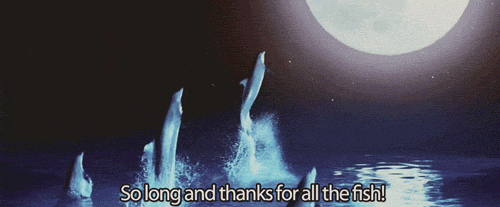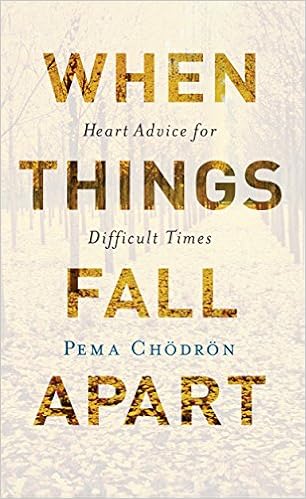You may or may not remember, but The Hitchhiker's Guide to the Galaxy is my favorite book.
When I am feeling sad, or unsettled, lost, or just not right, I can pick up this book and open it to literally any page and start reading. It doesn't matter where I end up, it's always a good part of the story.
I am very pleased to say that recently, The Husband started reading this book. Now, bear in mind, this book, which is very important to me, is almost 800 pages long. I know that The Husband must like me at least a little, because it is quite a commitment to read someone else's favorite 800-page book. Meanwhile, every few nights, I glance over at his kindle and read over his shoulder for a few minutes. I can't say if he will love this book as much as I do, but I can say that it makes me feel even more loved that he is reading this special story for me. The occasional snicker I hear while he is reading fills my heart with even more love for this book AND this man.
I've had some people posit to me that this book is not actually very well-written. I ignore those people. Yes, I do teach Composition and occasionally Literature at the community college, but that doesn't mean that I am restricted to only reading capital-L Literature. I don't care if this book is not Literature. This story fills my heart, and any opportunity I have to share it brings more love and laughter to my life.
Dearest Husband of mine, I only hope that as you continue working your way through this monster of a book, that you continue having fun with it. That's really the point, right?
So, that's it. I bow my heavily-scarred head to you, Mr. Adams, and
thank you for all of the joy, past, present, and future, your story has
brought to my life. Happy birthday!






